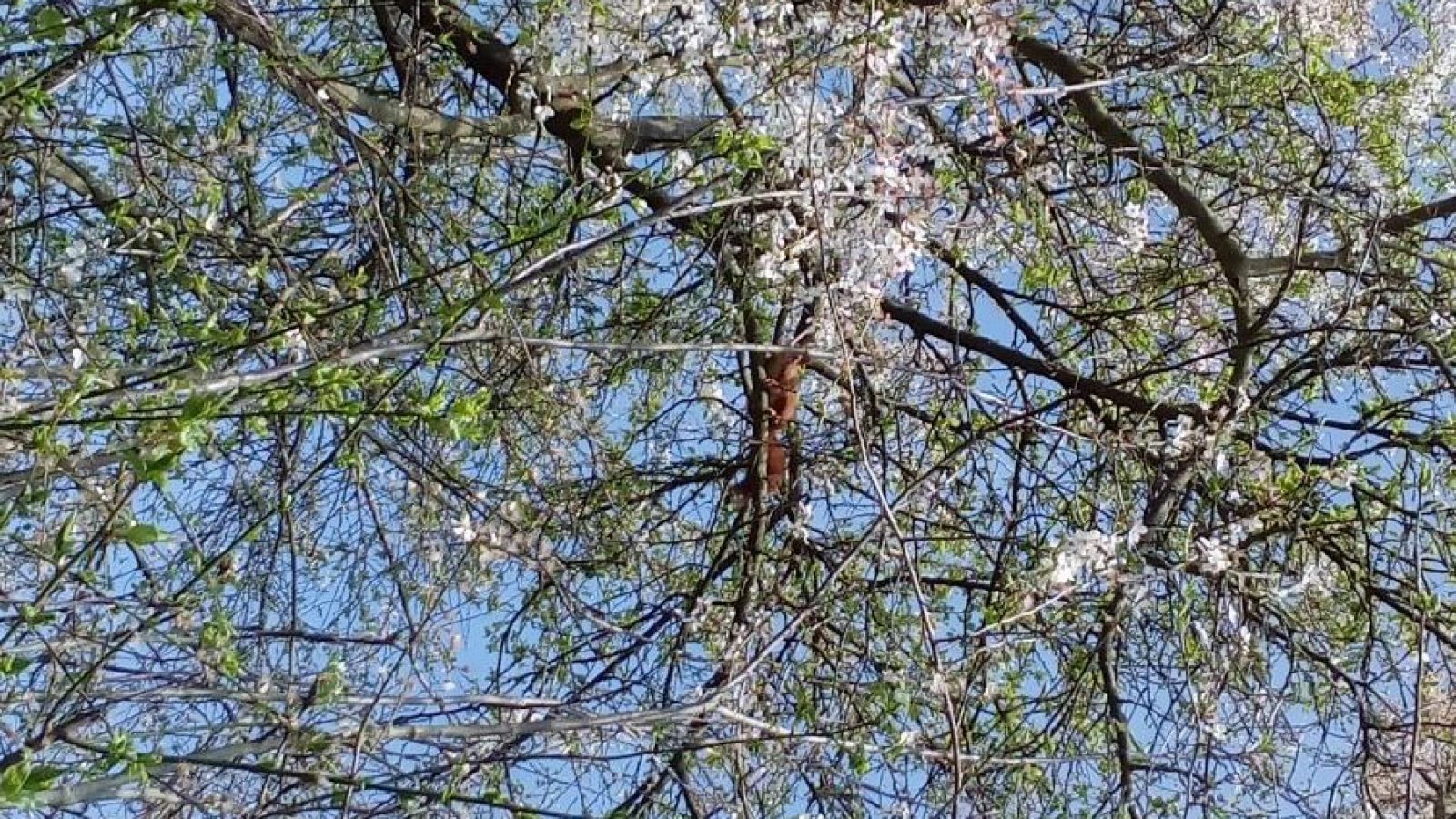Through the magic of recommendations, I have discovered another interesting youtube channel about medievalism. I have watched this one video so far though, because reasons. But I intend to watch more when the opportunity arises.
I have often wondered how dental hygiene was done in medieval times. It is not a topic that is routinely taught at schools, not even good ones.

















